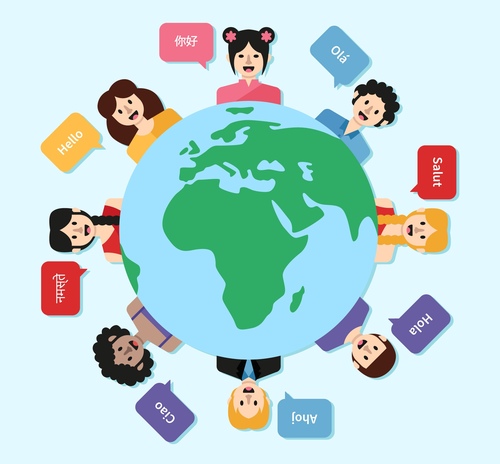Did you know Japanese and Korean speakers already have a big advantage when learning Turkish? From word order to grammar, they feel like distant cousins!

If you speak Japanese or Korean, you already have a secret advantage when it comes to learning Turkish.
It’s not that the languages are the same - they’re not. But they think in a similar way. And once you notice it, Turkish starts to feel less like a “foreign” language and more like a cousin you haven’t met yet.
1. The same rhythm of thought
In English, you say “I drink tea.”
But in Turkish, Japanese, and Korean, the verb comes at the end, like a little surprise waiting for you:
-Turkish: Ben (I) çay (tea) içerim (drink).
-Japanese: 私はお茶を飲みます。
-Korean: 저는 차를 마셔요.
If your brain is already used to saving the action for the end, Turkish sentences will just… click.
2. Words that grow as you speak
Turkish loves suffixes. Japanese and Korean love particles. Different tools, same idea — you attach little pieces to change meaning.
-Turkish: Ev (house) → Evlerimizden (from our houses)
-Japanese: 家から (ie kara, from the house)
-Korean: 집에서 (jib-eseo, from the house)
Once you learn the “rules of attachment,” you’ll start creating Turkish words like a pro!
3. A Shared Negative Ending: -ma
This one always surprises learners!
In Turkish: Okuma (oku-ma) = Don’t read.
In Korean: 읽지 마 (ilk-ji ma) = Don’t read.
Both languages use a “-ma” sound to turn an action into a negative command.
For two languages so far apart geographically, having the same sound and meaning for this function is pretty fascinating.

If you speak one of these languages, you already have a secret head start in learning the others. The grammar will feel less alien, and sometimes you’ll stumble upon delightful similarities.
So whether you’re a Japanese or a Korean speaker curious about Turkish or simply a language lover, exploring these connections is a rewarding journey ^-^





응답 (0)